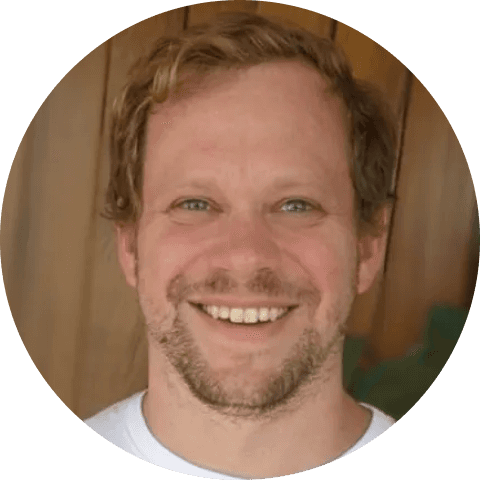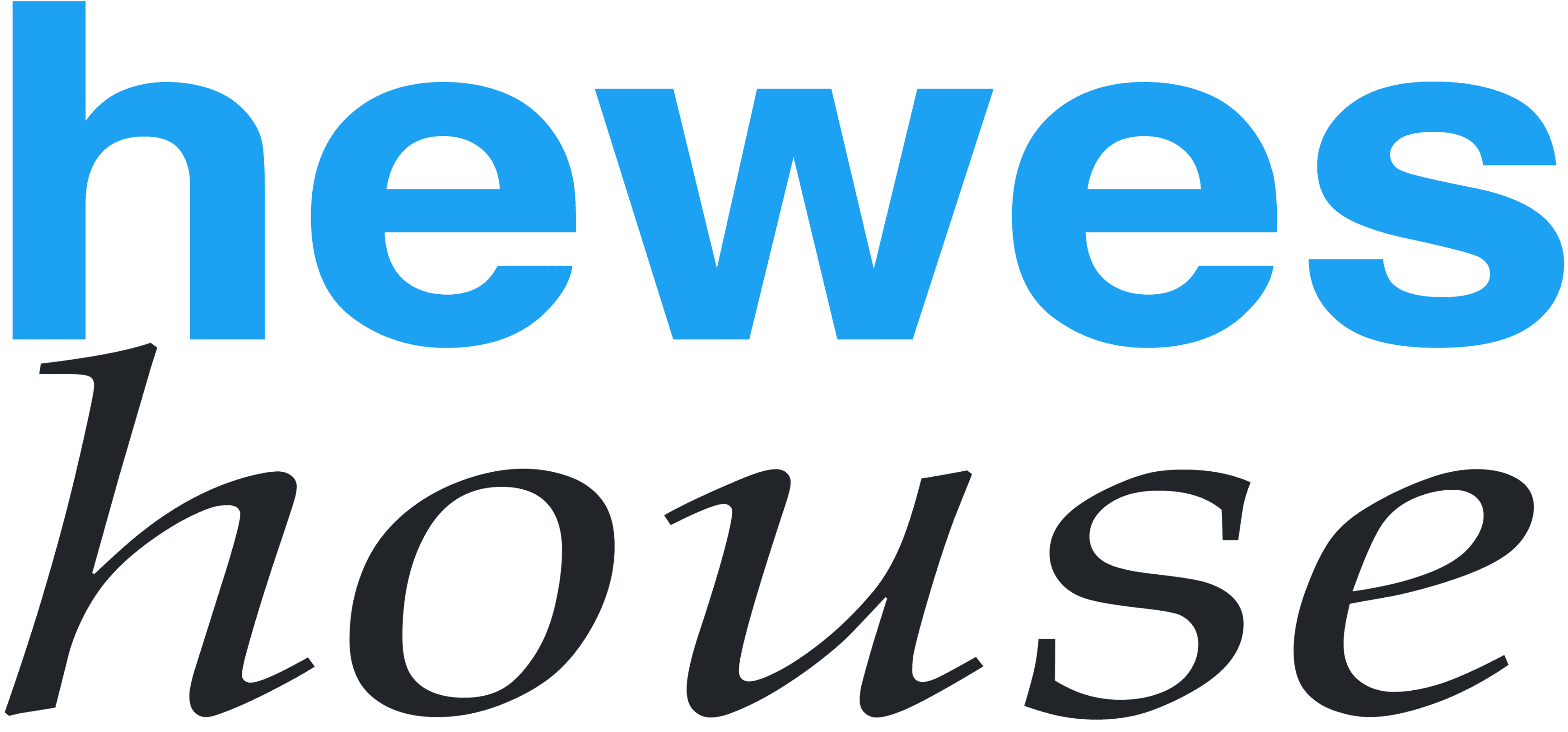Writing through Choice Paralysis: Escape the 'Yes to All' Trap
Sep 8, 2025
When you're months into free writes and suddenly facing endless creative choices, you might be experiencing choice paralysis writing. This is a state of mind where too many possibilities compete for your attention.
Fiction writing coaches see this constantly: writers overwhelmed by plotting decisions, character development options, and research rabbit holes. The irony? The same creative abundance that fuels your talent can also cause overwhelm when every direction feels equally urgent.
If you’ve ever stared at that blinking cursor—excited about your story but paralyzed by an endless list of what you should do next—you’re not alone. Let’s explore how to escape this beautiful overwhelm.
Choice Paralysis Writing: The “Yes to Everything” Trap
Fiction’s vast possibilities can quickly morph into something overwhelming. One writer put it this way:
"I’m at the point where I have a possible story, but no clue how to build it out. There are so many things to think about when crafting a story that I feel overwhelmed about what to do. Should I write a scene, develop a character? Research setting, plot, learn to craft tension? Yes, to everything, I guess."
That’s the heart of the problem—the “yes to everything” trap. After months of free writes, suddenly you’re staring at an endless menu of choices. When every direction feels equally important, the mind freezes. Progress halts, not because you lack ideas, but because you’re negotiating with an impossible list of simultaneous demands.
Even experienced writers can get stuck in this state of choice paralysis writing. The options feel infinite, the stakes feel high, and forward momentum disappears.
How to Handle Analysis Paralysis
The antidote to overwhelm is strategic neglect—choosing what not to do in order to keep the story moving forward.
Don’t interrupt drafting for research. Make a note to fact-check later and keep writing.
Don’t pause to create full character sheets if you’re mid-draft. Discover characters through scenes instead.
Don’t obsess over every small detail. Focus on how the story unfolds first.
When drafting, your job is to uncover the tectonic plates of your story—the structural movements that shape the whole. Details can wait until revision. Constraints create more freedom than endless options, which is why learning to prioritize structure is key.
Research Rabbit Holes vs. Story Progress
It’s easy to fall into research spirals. You might find yourself wondering: What was the weather in St. Joseph, Michigan, on June 20, 2009?
Sure, you might stumble on fascinating insights—but in a first draft, you don’t need that level of accuracy. Write “it was raining,” move on, and see if the scene even survives revision. It may not.
The danger isn’t research itself—it’s when research becomes sophisticated procrastination. Treating every tiny detail like a major decision leads to writing decision fatigue. Your story needs progress more than it needs perfection at this stage.
Focus on Structure First
First drafts are about structural clarity, not polish. Ask questions like:
Does this character belong here?
Does this historical event matter to the story?
Is this scene necessary for the arc?
Work from what you won’t do, rather than trying to do everything at once. That way, your attention stays on what truly matters: the shape of the story.
Remember, the goal isn’t to master every storytelling skill before writing, but to write the story so you learn which skills you actually need. Choice paralysis often stems from trying to master everything simultaneously instead of following the natural progression of discovery.
Your Story Is Waiting
Escaping analysis paralysis writing begins with recognizing that creative abundance can overwhelm even seasoned writers. The solution isn’t to eliminate options, but to prioritize structure and move forward with what matters most right now.
You don’t need to solve every story problem before you continue—you just need to solve enough to write the next scene. Then the one after that. As you draft, your story will teach you what it needs.
At Hewes House, we help writers move from endless possibilities to focused progress. When you’re ready to step out of choice paralysis writing and toward a finished manuscript, we’re here to guide you from first draft to completion.
Ready to write?
Submit a message and we'll arrange a conversation with one of our founders—a chance to talk through what you're hoping to accomplish. From there, we'll connect you with the coach who's right for your project.


Josh Boardman, Founder
Ben Griffin, Founder

